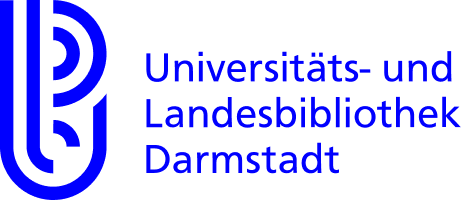PROCESS CHAINS, DATA & STANDARDS
In the era of digitalization, data has become a crucial component for conducting research on the built environment. Therefore, data is collected from numerous sources, generated and stored in different softwares and formats, and often needs to be unified and integrated for processing to develop new methods and create insights. At the same time, the value of data is subjective and can vary in its relevance over time, needed standards evolve at different rates depending on who is driving the processes and how dynamically the field is developing. Therefore, the session asks:
- What are current challenges in creating, collecting, integrating, analyzing and publishing data in research on the built environment? What data models and tools are being developed to overcome these challenges?
- Which research fields benefit from data collections, and what are the advantages and barriers in research to publish data? How can the potential benefits be balanced against concerns related to data privacy, ownership, and access? How can we ensure that data is used in an ethical and responsible way in research on the built environment?
- What are the potential biases and limitations of using data to generate new knowledge, and how can these be minimized or addressed? How can researchers ensure the accuracy, reliability and transparency for data that is collected from various sources and used in research?
Presentations
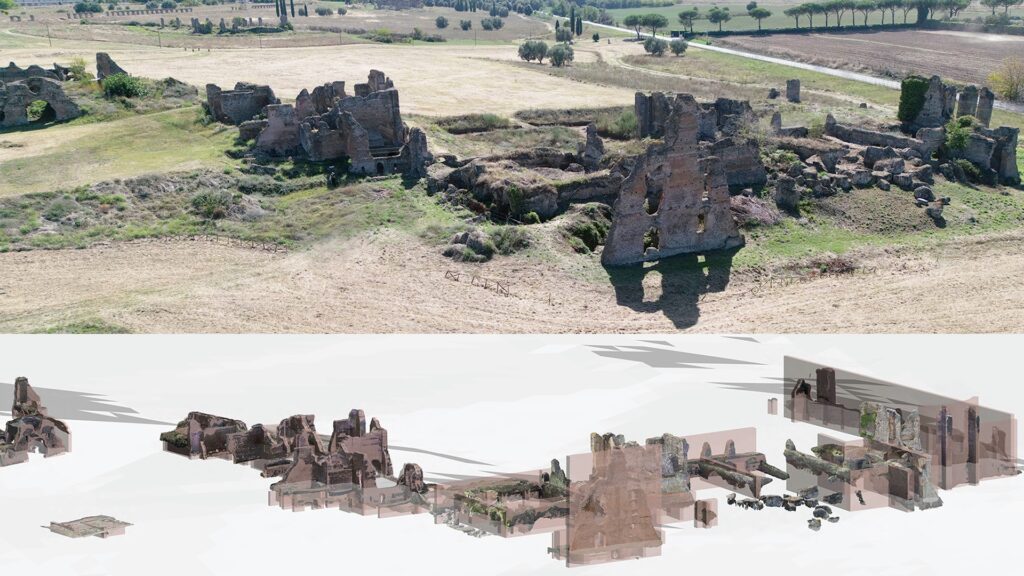
HBIM data →
process, difficulties, chances and changes
Ilka Viehmann (HTWK Leipzig)
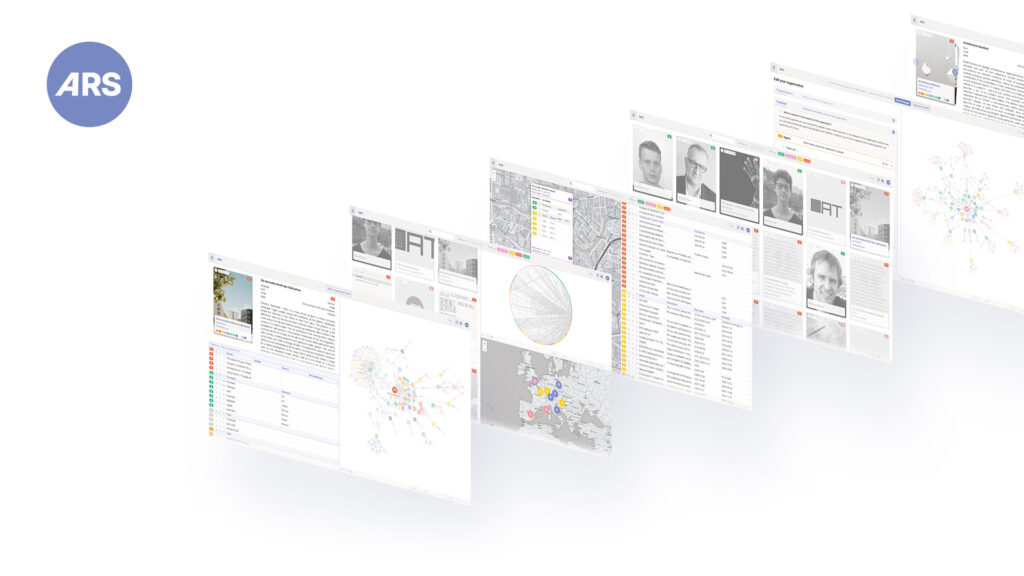
Research infrastructures and architectural thinking →
Architecture Research Stage
Ferdinand List (UdK Berlin) & Michael Dürfeld (TU Berlin)
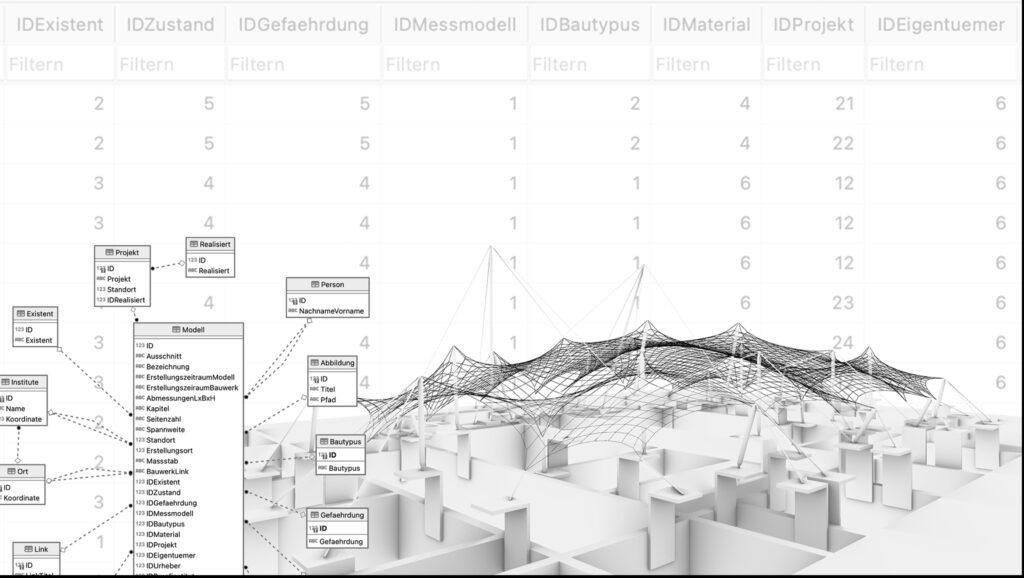
An openly accessible database on physical measurement models in civil engineering →
Baris Wenzel & Eberhard Möller (HKA Karlsruhe), Benjamin Schmid & Christiane Weber (University of Innsbruck)
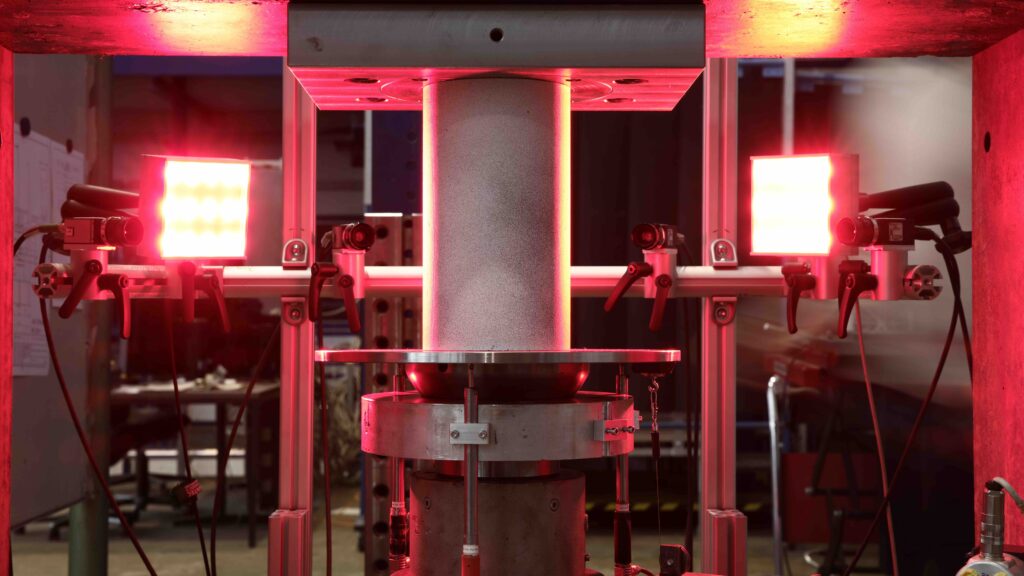
From fragmentation to integration →
Institute Wide Research Data Management in Structural Engineering
Julian Unglaub, Hendrik Jahns & Klaus Thiele (TU Braunschweig)
Session Hosts
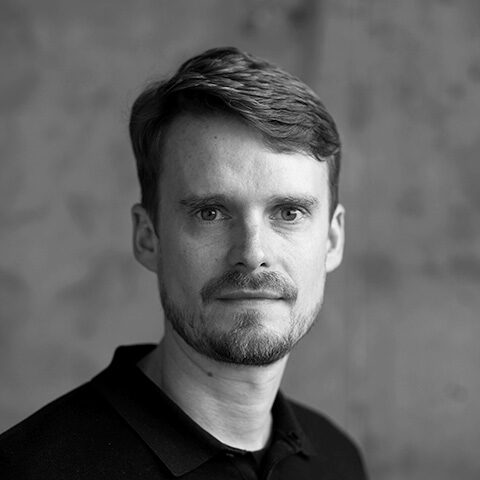
Tobias Schwinn
University of Stuttgart, Institute for Computational Design and Construction (ICD)
Tobias Schwinn is lecturer (Akademischer Rat) at the Institute for Computational Design and Construction (ICD) at the University of Stuttgart, Germany. In teaching and research, he is focusing on the integration of robotic fabrication and computational design processes and the evaluation through architectural prototypes.
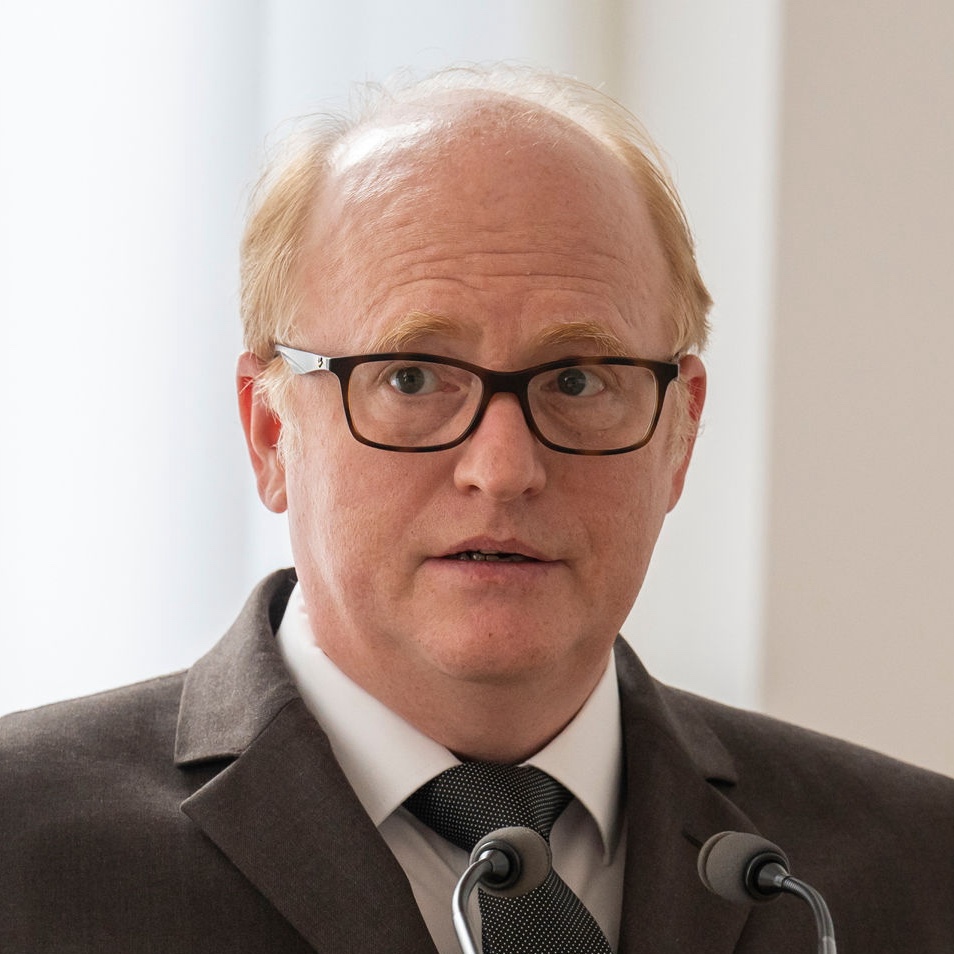
Andreas Noback
TU Darmstadt, ULB Darmstadt, FID BAUdigital
Andreas Noback is a researcher, working in the field of daylight simulation, archeology and research data management at TU Darmstadt and in the DFG project FID BAUdigital at the University- and State Library.


